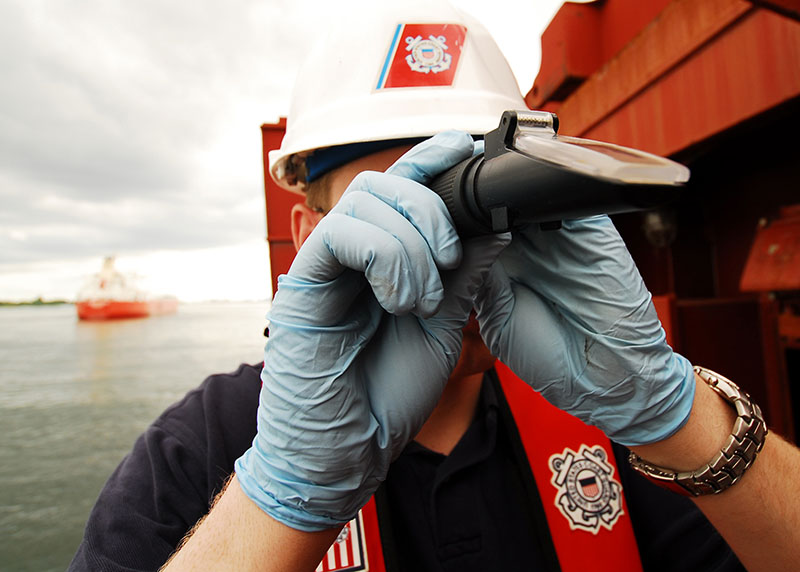Sometimes it does happen. Congress is making good on a promise.
Last week the House Transportation and Infrastructure Committee passed legislation that would assure that members of the Coast Guard continue to receive their paychecks should the federal government shutdown again as it did earlier this year for five weeks - the longest closure in history.
Soon after the 35-day shutdown ended, lawmakers vowed that this situation would not happen again.
The Coast Guard — 41,000 active duty, 6,200 reservists and 8,500 civilian personnel — was the only branch of the military service not to be kept on the payroll during the shutdown. It was the first time in more than 140 years that a member of the U.S. Armed Services was not paid during such a lapse in government appropriations. And we learned at the time that nearly one-third of all active duty Coast Guard members don’t have enough money in an emergency savings account to cover one month’s worth of expenses.
“It’s absolutely outrageous that our country held their paychecks hostage due to a partisan fight in the nation’s capital that had nothing to do with the Coast Guard or its missions,” Rep. Peter DeFazio, D-Ore., chairman of the Transportation and Infrastructure Committee, said as the panel cleared the Coast Guard Authorization Act of 2019 that included the measure. “I want to make sure this hostage taking never happens again.”
The Pay Our Coast Guard Parity Act, which was tucked into the authorization bill, would provide for on-time and full pay and allowances for active duty and reserve members, civilian workers, contractors and retirees.
This incident was another reminder of how the Coast Guard is treated differently as one of the five military services. Although the Coast Guard was expected to fulfill its security, safety and surveillance roles during the shutdown, its members were not paid because the service is part of the Department of Homeland Security. The Coast Guard is not funded like the other military branches that are part of the Department of Defense. During the shutdown, the Coast Guard worked closely with the Navy on missions but while sailors were paid, Coasties were not.
And in another ironic twist, the Coast Guard plays a key defense role but is poorly compensated for it. Unlike other armed services, Coast Guard funding is considered non-defense discretionary, meaning it is excluded from the federal effort to rebuild the military. “We continue to find ourselves on the outside looking in when it comes to budget requests,” Coast Guard Commandant Adm. Karl Schultz said in a speech in May.
He said the Coast Guard receives a portion of its annual funding from the defense category, “but this pales in comparison to our contribution. Just three percent of our total budget comes from defense,” he said, yet the agency spends about $1 billion annually in defense operations across the world. The commandant urged Congress to “recognize the Coast Guard’s crucial role in maintaining our national security and fund us as a military service.”
Committee approval of the pay parity bill is one step toward rectifying one of these many inequalities. The authorization bill now goes to the full House for approval and to the Senate. It will then require presidential signature before becoming law.
Chances for passage are excellent, as Coast Guard authorizations are usually not controversial and enjoy bipartisan support in both chambers. Final action is expected in the fall — hopefully before the next budget clash between the White House and Congress.



.JPG.small.400x400.jpg)

